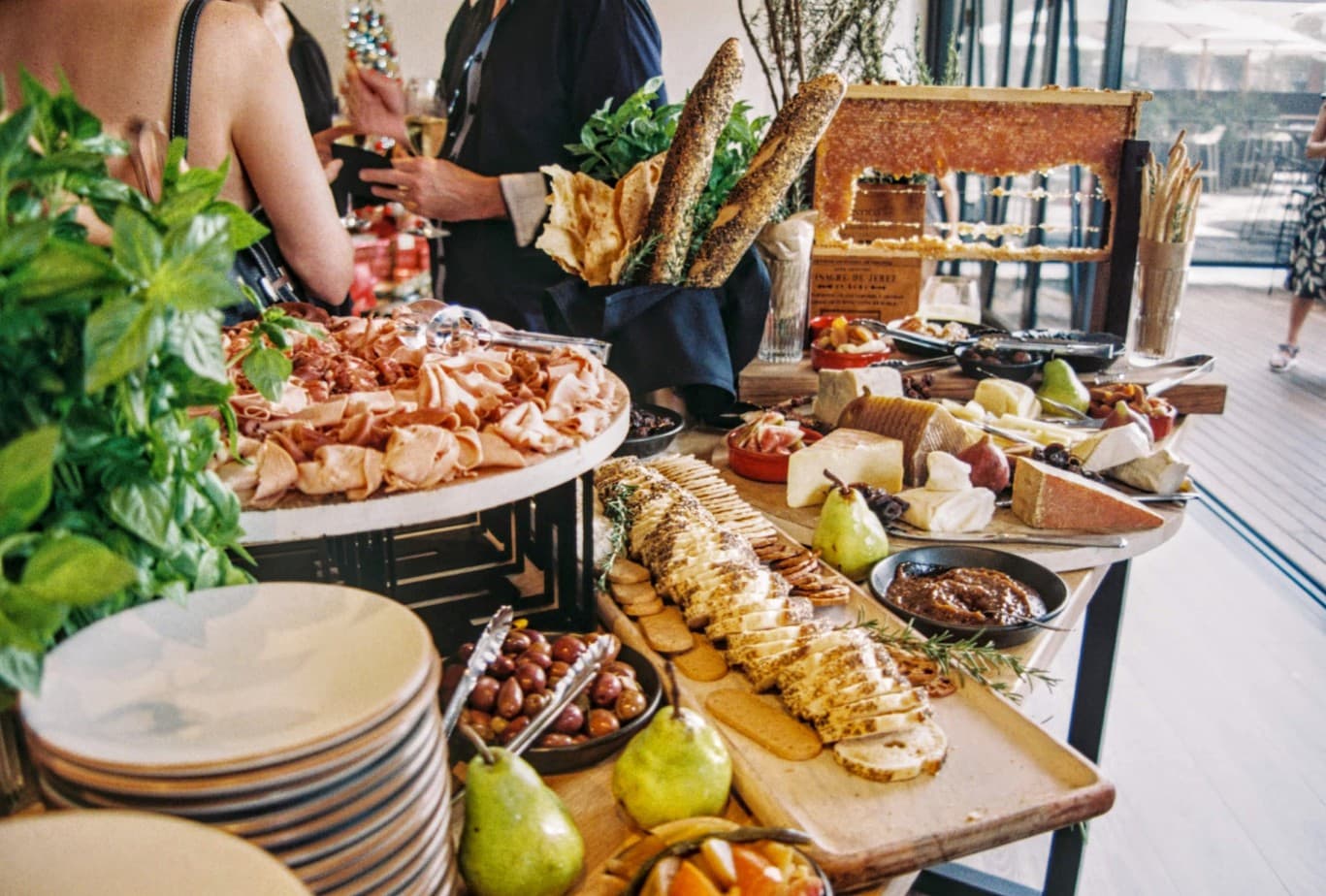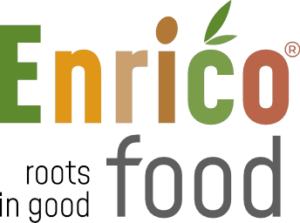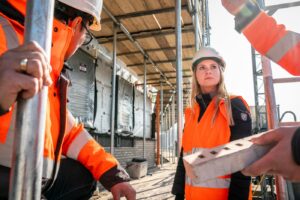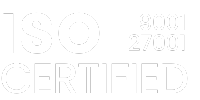A sustainable future starts with yourself
They started out in 1978 as a delicacy shop, and are currently the leading specialist in tailor-made catering establishments. For years, hospitality company Vermaat has been offering successful hospitality concepts that take you into the endless world of taste.
With over 500 locations and large customers such as Rijksmuseum, ABN AMRO, Artis, Circuit Zandvoort, and KLM- Vermaat has become one of the largest hospitality players in the Netherlands.
This is exactly why Vermaat has a clear food vision: A sustainable future starts with yourself. They want to take good care of their surroundings. And this means; looking after each other and future generations. By implementing targeted daily improvements, Vermaat wants to become a healthier, more sustainable, and social hospitality company: ready for the future.
“Where we suffer from obesity, food surpluses, and a lot of waste- there are countries where people are starving and cannot even access food. Yet, we produce enough food to feed all these mouths. We see an opportunity to reduce the environmental impact of the food we produce and serve so that we can make the world a little better.”
Pauline Rosenberg, Sustainability Advisor at Vermaat
High demand for sustainable change
In recent years, a great deal of attention and critique has been given to the polluting effects of the food industry and agriculture. As a result, many of Vermaat’s customers increasingly have questions about where the impact of their food comes from.
For many hospitality companies, the largest share of their environmental footprint (scope 3 emissions) comes from their supply chain (food production). Therefore, understanding your supply chain and tracing your biggest environmental impact hotspots are crucial first steps in sustainability.
And so, Vermaat Groep and Ecochain Technologies entered a partnership.
The aim: to measure the overall environmental footprint (with a focus on the carbon footprint) of Vermaat and its suppliers- and to drastically reduce it. At the moment, the main focus is on *scope 3 emissions – with all the food that Vermaat purchases and uses. This scope will be expanded later on.
*Scope 3 emissions: are all indirect greenhouse emissions that come from your entire value chain. This includes the greenhouse emissions in your upstream (supplier) and downstream supply chain (e.g. consumers).
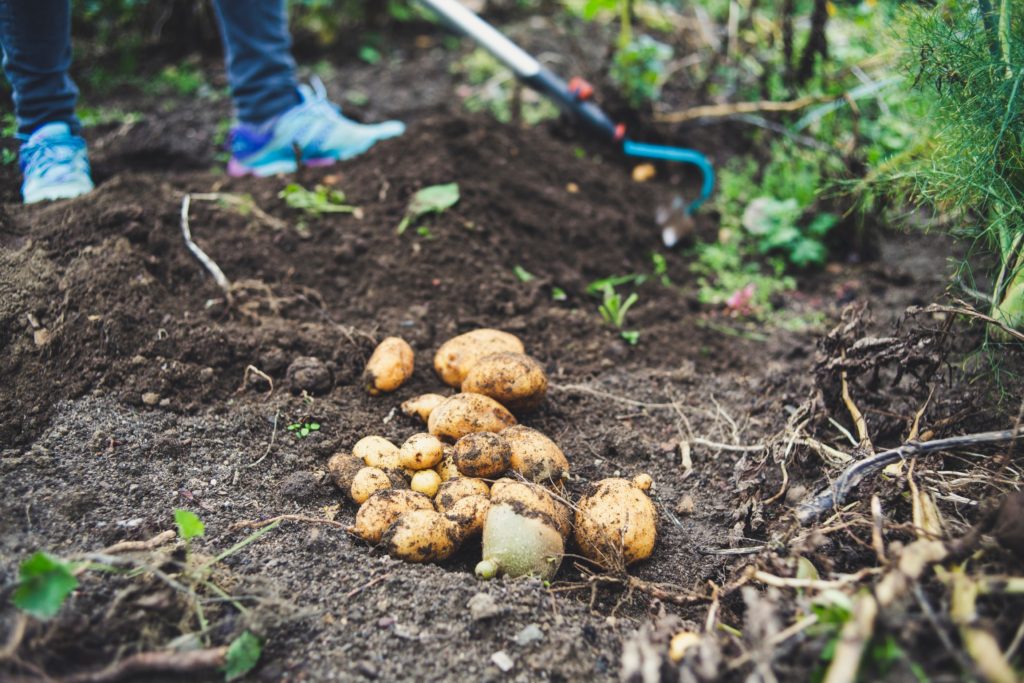
Methodology
The complete environmental footprint of Vermaat and its suppliers has been calculated by the means of a Life Cycle Assessment (LCA). The LCA was conducted within Ecochain’s tool Helix, with Ecoinvent as the main database. As a result, the environmental footprint (scope 1, 2, and 3 emissions) of the entire value chain was mapped out. The calculation scope 1 and 2 emissions of Vermaat itself will still follow.
The results in this case study are partially anonymized and summarized for illustrative purposes. If you want to know more, don’t hesitate to contact our research team.

The result: A CO₂-dashboard for customers & suppliers
The result of the LCA’s confirmed that Vermaat’s biggest environmental impact comes from their scope 3 upstream emissions; their suppliers (Figure 1). The total CO₂-eq emissions from their suppliers in 2020 amount to 4.86 million kg of CO₂-eq*. Here, especially dairy and meat products (chicken, kebab, and sausages) result in the highest impact. With these hotspot insights, Vermaat immediately knows which suppliers will contribute the most to reducing their environmental footprint the fastest.
*Due to the COVID-19 circumstances, these numbers are not realistic. When Vermaat’s business operations can return to full normal, these numbers will be recalculated.
To reduce Vermaat’s scope 3 emissions, two dashboards were developed.

Vermaat’s customer dashboard
With the LCA results, Vermaat built its own dashboard. Through a web API, Ecochain Helix provides the environmental footprint of each of Vermaat’s products. After that, Vermaat links this data to their own data; the purchase per location.
Chefs, in particular, can now see in real-time what they bought that same day and the environmental impact that belongs to these purchased products. With this information, purchasing food and setting up menus can be done sustainably. This means, Vermaat’s catering locations now have a great tool in their hands. They have complete insight into their environmental footprint and can start to actively reduce it.
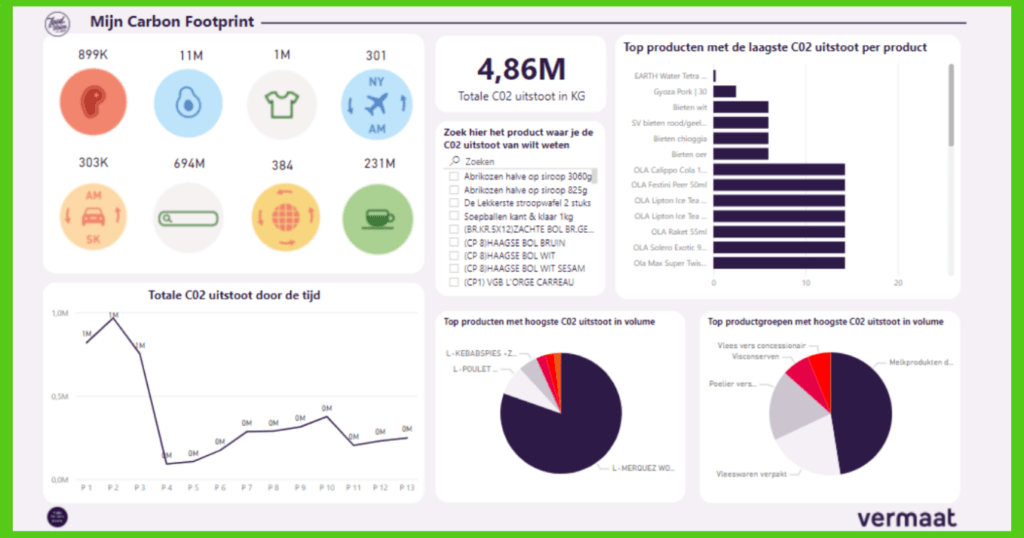
The Ecochain supplier dashboard
With the Ecochain supplier dashboard, every supplier of Vermaat can look into their own environmental footprint. As a result, Vermaat and its suppliers can analyze how they can best possibly improve their joint environmental footprint. Ultimately, Vermaat no longer wants to work with averages from the market. They want to know what their actual emissions are – and those of their suppliers. So, in order to realize this data, they want to encourage their suppliers to have their own footprint calculated as well.
“Ecochain has ensured that the environmental footprint of Vermaat’s suppliers has become concrete and tangible. As a result, Vermaat can now start looking with its suppliers at the best possible ways in which we can reduce our joint environmental footprint.”
Pauline Rosenberg, Sustainability Advisor at Vermaat

The sustainable future is tasty
With the insights generated by Ecochain’s Helix, Vermaat can now:
(1) Challenge its suppliers in the field of sustainability and work on it together;
(2) Provide customers with the right information to make more sustainable decisions on what they want to eat. Customers are now able to directly choose to make a positive impact.
“As long as there is no benchmark, we strive to be that benchmark ourselves. To our suppliers but also to other catering companies.”
Pauline Rosenberg, Sustainability Advisor at Vermaat
